An International Crisis Group (IGC) document lists ten sources of conflict in the world that need to be noticed this year.
The pandemic will once again be the protagonist of the world in 2022. No matter how hard we try, this year the covid and the ravages of the economic and social crisis that has triggered it will continue to open the tv news, occupying newspaper covers and filling radio hours. That the world has turned like a sock in the last two years is easy to see if we take a look at the media, monopolized by pandemic information.
However, there are things that aren't stopped by a global pandemic. International conflicts have disappeared from the media agenda, but that doesn't mean they have disappeared. On the contrary, those who were already open have taken their course and new ones have sprung up. In fact, it isn't unreasonable to think that the covid information monopoly has benefited authoritarian regimes and promoters of international conflicts, who have had their free hands to do and undo as they please, away from the media spotlight.
It seems clear that few paid attention to UN Secretary-General António Guterres, who at the beginning of the pandemic demanded "an immediate and global ceasefire" to focus all efforts on the fight against covid. Thus, conflicts and wars in the world continued in 2021 and will remain active in 2022.
This is shown by the report of the organization International Crisis Group (ICG), which has collected the ten international conflicts that will mark 2022. Many of them were already underway last year and will return to the forefront of the agenda this course. Let's take a look at them.
- Ukraine
In November 2021, more than 100,000 Russian soldiers were deployed on the border with Ukraine. A move that worries ICG experts and Western governments, who fear a new impending attack on the region. "The risk of conflict is real," said NATO Secretary-General Jens Stoltenberg. U.S. President Joe Biden has warned that further aggression "will not go unanswered" and has also threatened to impose heavy financial sanctions.
This rally of Russian soldiers on the border marks the beginning of the conflict, which dates back to 2014, when Vladimir Putin's Russia annexed the Crimean peninsula and the so-called Donbass War began.
- Ethiopia
A Nobel Peace Prize at the forefront of a war. Ethiopian President Abiy Ahmed, awarded in 2019, launched a war in November 2020 against the dissident region of the Tigray region, located in the north of the country and ruled by the Popular Liberation Front of Tigray (FPAT). It's a complex and violent conflict, in which ethnic hatred, territorial divisions and the involvement of third parties, such as the Government of Eritrea, are mixed.
"In Tigray I heard and saw the cruelty of human against human, and it was very shocking", Jaume Torrado, director of the organization 'The Good Samaritan', who was a month in the region in full conflict, told Xarxanet.
At the end of December last year, the FPAT announced the withdrawal of its troops, but so far no political solution has been seen that will end with a civil war that has caused thousands of deaths and has been the scene of all kinds of atrocities, perpetrated by both sides.
- Afghanistan
The return of the Taliban to power in August 2020, two decades after they were ousted by U.S. troops in response to the 9/11 attacks, was a trip to the past for Afghans. The rise of fundamentalists has further aggravated the plight of a severely punished civilian population after years of conflict.
"It is clear that it isn't good for Afghanistan to fall back into the hands of the Taliban, the vast majority of the population will suffer the consequences, especially women," Alejandro Pozo, a researcher at the Delás Center, told Xarxanet.
The deep humanitarian crisis in the country, exacerbated by the international boycott, threatens the future of a country that depends heavily on foreign aid. According to UN figures, some 23 million Afghans are below the hunger threshold, a figure that could rise sharply if no assistance is provided to the country.
Of particular concern are women, who have already begun to suffer the penalties of the Taliban fundamentalist regime, which has already institutionalized discrimination against women and girls, according to a group of United Nations human rights rapporteurs. "Women no longer want to live under a burqa or be locked up at home", Lash Rashid, a young Afghan woman who has lived in Catalonia since she was 15, told Xarxanet.
- The United States and China
A rivalry that can mark the future of the world in the short term. The tumultuous relationship between the world's top two powers, marked by increasingly frequent incidents and disputes, both direct and indirect, will determine global geopolitics in the near future. The Taiwan Strait is one of the possible hot spots that could escalate tensions between Americans and Chinese.
2022 will be a year in which we must keep an eye on this rivalry, which Joe Biden and Xi Jinping, presidents of both countries, tried to relax at a virtual summit held last November.
- The United States, Iran and Israel
Saving the 2015 agreement to restrict Iran's nuclear program is now the goal of the top negotiations in Vienna. The ideal scenario is for Washington to return to the pact, which Donald Trump unilaterally abandoned in 2018, and Tehran to fulfill its part of the agreement.
The victory of ultra-conservative leader Ebrahim Raisi in Iran's presidential election hasn't been the best news for the recovery of the agreement. The coming weeks seem to be the key to deciding whether to regain understanding or break off negotiations once and for all. The worst prospect, however, would be for the United States to approve or join Israel's attacks aimed at pushing back Iran's nuclear program, according to experts from the International Crisis Group (ICG).
- Yemen
A forgotten war that has been bleeding the country since 2014 and which, according to the UN, has caused the worst humanitarian crisis on the planet: more than 20 million people need humanitarian aid to survive and some 4 million Yemenis have been forced to leave their home.
The coalition led by Saudi Arabia and the United Arab Emirates intervened in the conflict in 2015 with the aim of restoring to power President Abdo Rabu Mansur Hadi, ousted by Houthis rebels a year earlier. In the following years, the conflict spread and multiplied, affecting much of the country. For the past few months, the Marib oil region has been the focus of clashes. Biden, in one of the first foreign policy decisions, has announced that he is withdrawing his support for the Saudi-led coalition.
- Israel and Palestine
The conflict that could be on a list like this for over seventy years and that resurfaces from time to time, even though it is always latent. A new war spiral, the fourth Israeli-Palestinian war and one of the most violent, started in May last year following the threat of eviction of Palestinian residents in the Sheikh Jarrah neighborhood (Jerusalem). Yet another sign that coexistence seems more difficult than ever and there is no short-term, medium- or long-term solution.
The International Crisis Group proposes ending "Israel's impunity for human rights violations in Palestine and addressing the solution on the ground as it stands."
- Haiti
The assassination of Haitian President Jovenel Moïse at his Port-au-Prince residence in July last year has poisoned the situation of a country hit by cyclical political and economic crises and natural disasters, such as the earthquake shook the country on August 14, 2021.
The unresolved massacre has exacerbated the country's deep political crisis. Ariel Henry has been tentatively named as his successor, but he doesn't have the approval of Haitian bands, which have a lot of influence in the country and have demanded his resignation.
Meanwhile, Haitians are seeing helplessness as insecurity on the streets increases exponentially and killings and kidnappings in the country are multiplying. However, much of the population is wary of foreign intervention to restore peace, following previous failed experiences.
- Burma
"It's hard to know where Burma's gunpowder will explode this time", Javier Garcia, founder of the NGO Colabora Birmania few days after the country's coup against the government, told Xarxanet. on February 1, 2021. The military arrested Aung San Suu Kyi, the country's de facto leader and Nobel Peace Prize winner, as well as numerous politicians and activists, and carried out brutal repression.
Nearly a year after the military ruling, Aung San Suu Kyi has been sentenced to four years in prison and thousands of people have suffered the effects of clashes between members of the military junta and armed resistance groups. The United Nations has warned of a deteriorating humanitarian and security situation in the country.
In fact, by the end of 2021, more than 30 people had been killed in a military attack on Kayah State. Among the victims were two humanitarian workers from Save The Children.
- Jihadism in Africa
The global epicenter of jihadism has shifted from the Middle East to Africa, which concentrates most of the conflicts between states and fundamentalist groups, inspired by al-Qaeda, the Islamic State, among others. Countries such as Mozambique, Uganda and the Democratic Republic of the Congo have been the victims of large-scale jihadist attacks. Others such as Somalia and Nigeria have been fighting for years against more established groups such as Al-Shabab and Boko Haram, among others.
If foreign aid and support to contain the advance of these factions diminishes, the ICG warns, the balance could be dramatically tilted in favor of violent fundamentalism, which threatens to turn the continent into its stronghold.

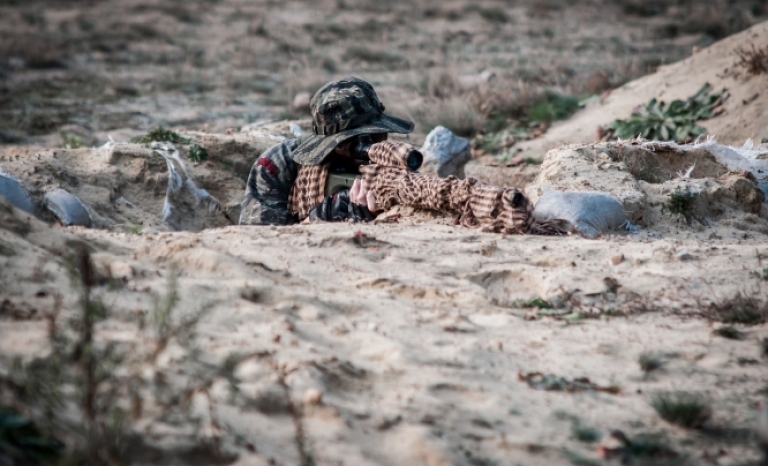
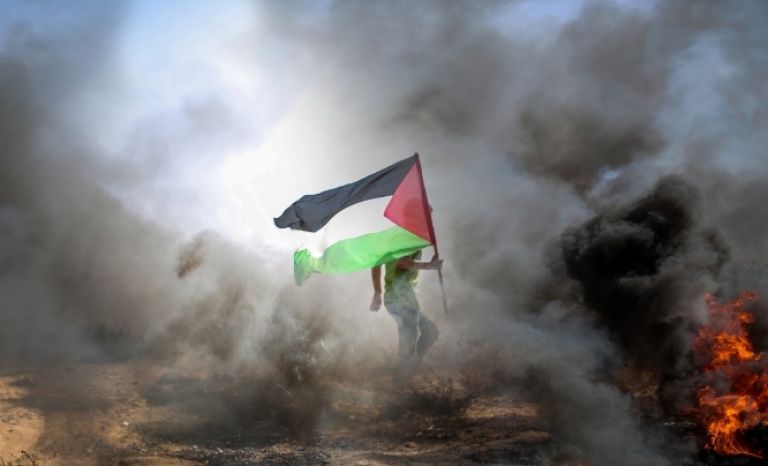
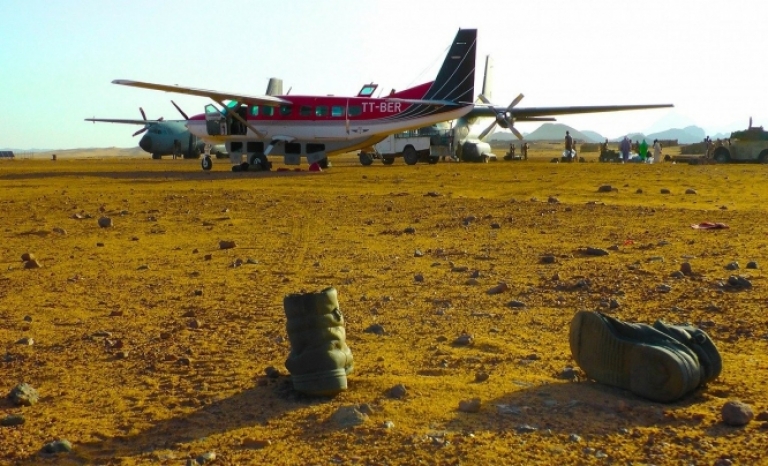
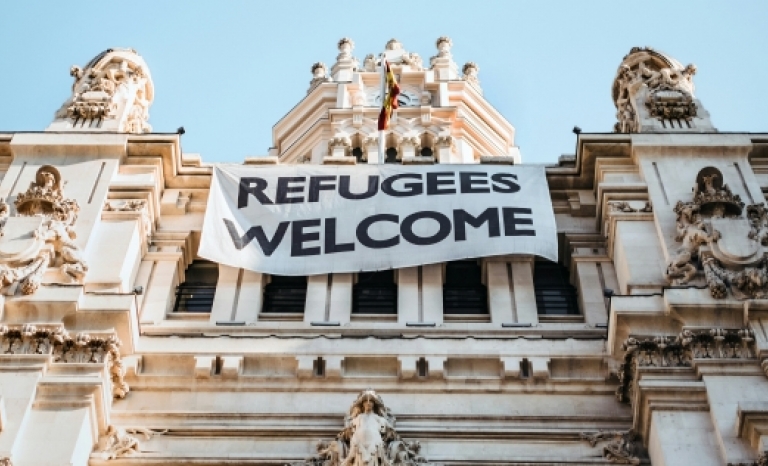
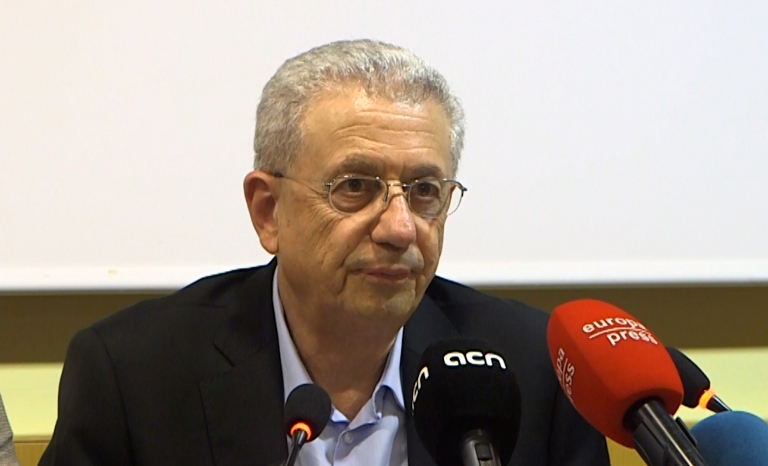





Add new comment